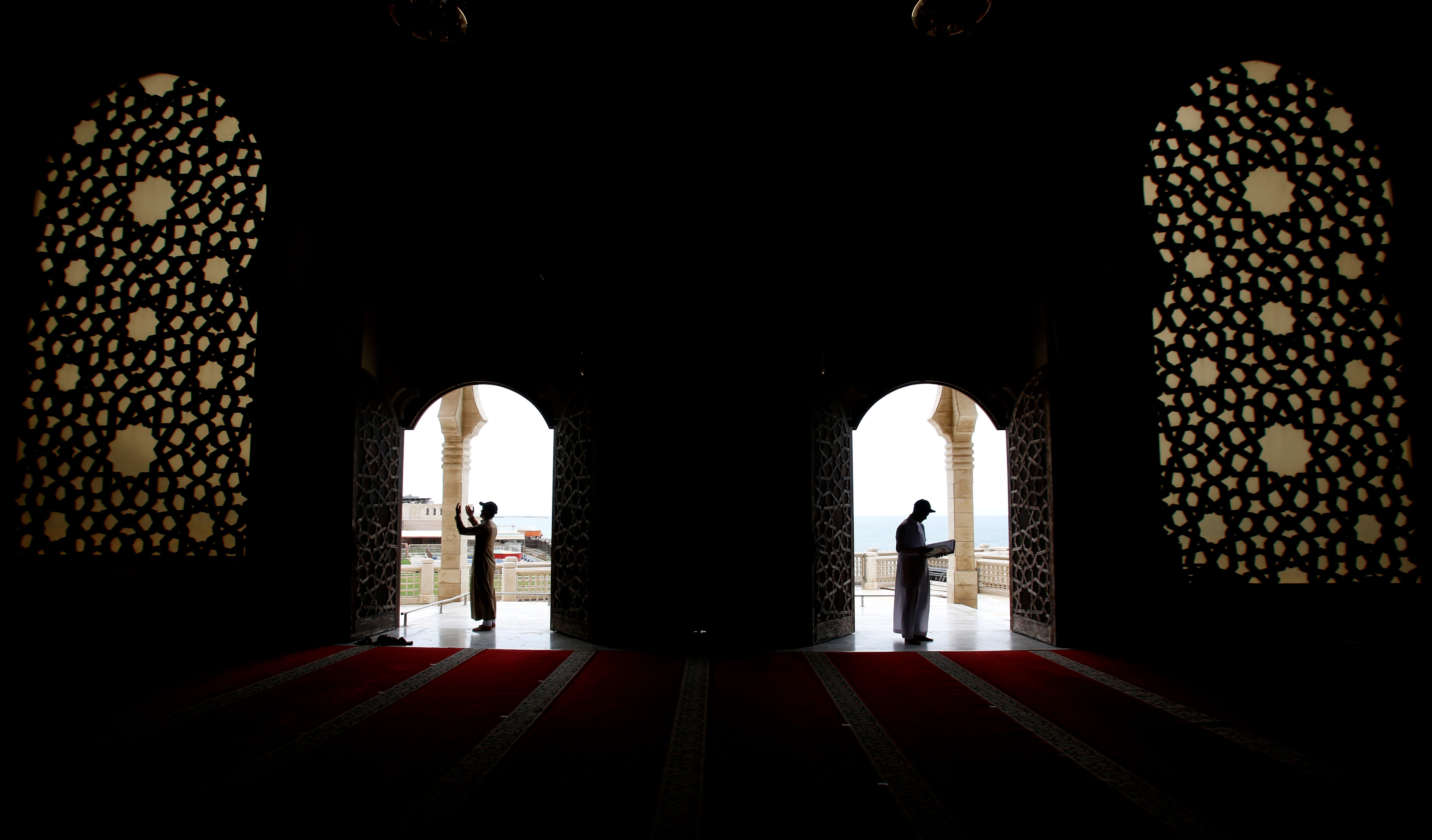AP PHOTOS: Ramadan demonstrates Muslim courage and faith

Your support helps us to tell the story
From reproductive rights to climate change to Big Tech, The Independent is on the ground when the story is developing. Whether it's investigating the financials of Elon Musk's pro-Trump PAC or producing our latest documentary, 'The A Word', which shines a light on the American women fighting for reproductive rights, we know how important it is to parse out the facts from the messaging.
At such a critical moment in US history, we need reporters on the ground. Your donation allows us to keep sending journalists to speak to both sides of the story.
The Independent is trusted by Americans across the entire political spectrum. And unlike many other quality news outlets, we choose not to lock Americans out of our reporting and analysis with paywalls. We believe quality journalism should be available to everyone, paid for by those who can afford it.
Your support makes all the difference.The world spun madly on as followers of its second-largest religion practiced the traditions of Islam's holiest month, at times under circumstances that demanded as much courage as faith.
Ramadan is a period of intense prayer, dawn-to-dusk fasting and nightly feasts. But between April 12-13, when this year's observance started, and the month's end Thursday with the Eid al-Fitr holiday, Muslims in many parts of the world carried out the comforting rituals while confronting tragedies and tremendous upheaval.
In mostly-Muslim Turkey the month of fasting kicked off amid record levels of COVID-19 infections and the country's strictest lockdown of the pandemic. The restrictions prohibited residents from leaving their homes except to shop for groceries or to meet other essential needs, and are in place until after the three-day Eid holiday, normally a time for family reunions.
The coronavirus pandemic shaped Ramadan in other ways for a second year in a row. In Indonesia, the world’s most populous Muslim-majority nation, worshippers wearing masks joined communal prayers in the streets of Jakarta and passed through disinfection chambers before entering the Al Mashun Great Mosque compound in North Sumatra on Thursday.
For members of India's Muslim minority, the holy month coincided with the country's uncontrolled and lethal COVID-19 outbreak. Muslim cemeteries started running out of space and people to dig graves within days of Ramadan's start, while families that had looked forward to celebrating together buried loved ones instead.
Grief also gripped the Gaza Strip where Israeli airstrikes emptied streets that Palestinians ordinarily throng ahead of Eid al-Fitr to shop for new clothes and treats. Instead, Hamas urged the faithful to mark communal Eid prayers inside their homes or at the nearest mosques instead of out in the open.
Throughout it all, many Muslims held fast to tradition, praying and breaking their daily fasts wherever they found themselves.
For a group of security forces in Egypt, that meant the site of passenger train derailment that killed at least 11 people and injured about 100 more. For a young Syrian couple and their 18-month-old daughter, it was an informal refugee camp in Lebanon. Coal miners in Bosnia broke their fasts by helmet-light, relying on watches and smartphones to know when it was sunset and they could sit down to eat together.